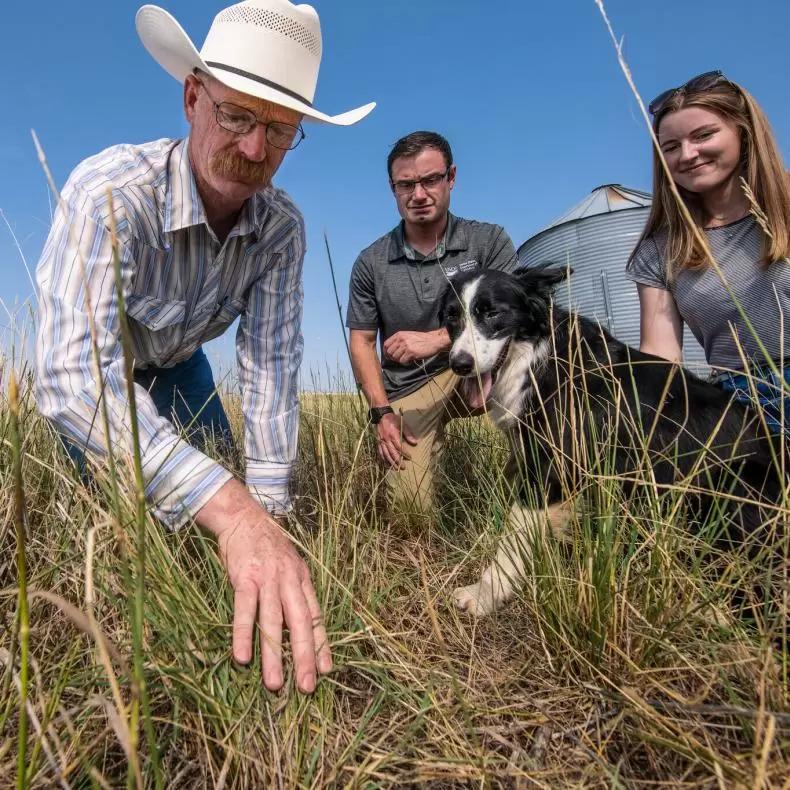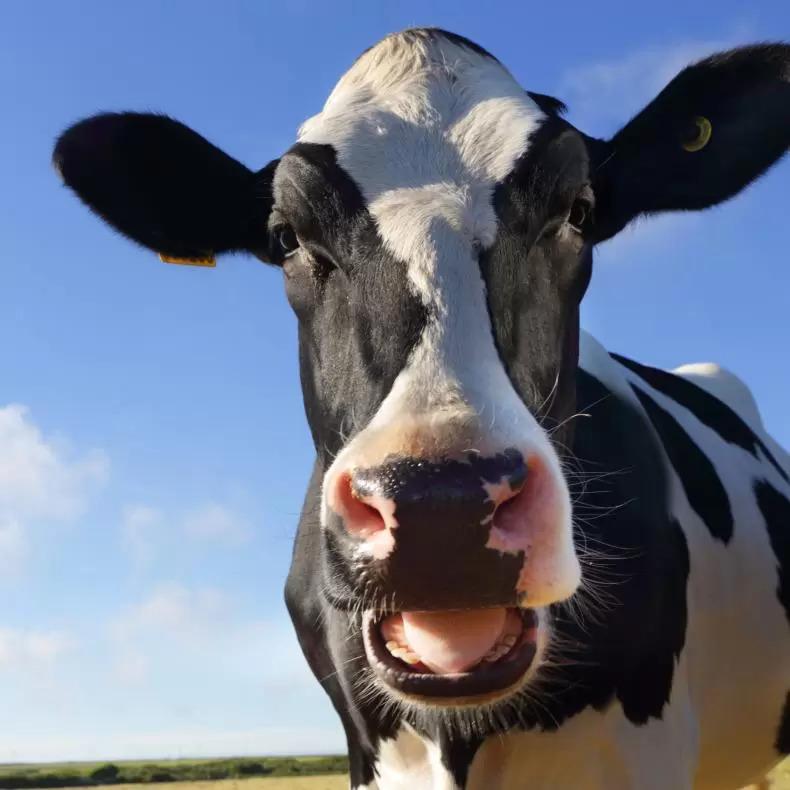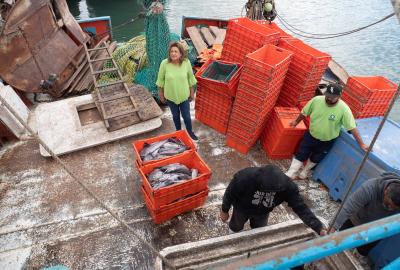Not just about cows: Why everyone should care about the farm bill
How Congress votes will impact food, clean water, conservation and climate.
You may not own a tractor or a single pair of overalls. And maybe the only thing you’ve had a hand in growing is a neglected, windowsill succulent. But if you think the farm bill has nothing to do with you, you’d be wrong.

“The farm bill is a massive omnibus authorization and spending bill that comes up every five years,” says Ben Thomas, who directs Environmental Defense Fund’s agriculture policy work. “It sets all federal food, agriculture and nutrition support policy and touches almost every aspect of our lives.”
It's also critical for climate reasons: Agriculture is responsible for around 10% of greenhouse gas emissions in the U.S. and ensuring that farmland is resilient to the impacts of climate change is vital to securing the future of our food supply.
As negotiations for the next farm bill continue, EDF is working hard to keep climate and conservation programs at the top of the agenda.
“The conservation programs in the bill help farmers improve soil health and water quality and make working lands more resilient,” says Thomas. Successful advocacy will mean more money for those programs than ever before.
Last year, climate-friendly farming got a major boost in the form of $20 billion set aside in the Inflation Reduction Act to support popular conservation programs funded through the farm bill. That’s the largest-ever federal investment in reducing emissions from farmlands. There’s also $300 million to establish a new program to collect field-based data to track and assess the climate impact of these programs.
“The farm bill conservation programs are enormously popular," says Thomas. "But right now only about one in every three applicants gets funding. The IRA funds will almost double the money available in these programs and, for the first time, require that the project being funded has a climate benefit.”
The kinds of projects that could receive funding include: installing anaerobic digesters to capture planet-warming methane from manure; planting cover crops to protect soil and the carbon it stores; reducing fertilizer use and preserving unploughed areas on farms.

But all that is at risk as negotiations begin.
“Because all farm bill programs are up for reauthorization, there’s nothing to prevent lawmakers from shuffling the money earmarked for climate-smart agriculture around to other programs with no climate benefit to help secure votes to get the farm bill passed,” says Andrew Lentz, EDF’s director of federal affairs agriculture policy. “Protecting as much of that money as possible is one of our top priorities.”
Making sure that the farm bill delivers on the historic climate investments in the IRA is part of a larger push spearheaded by EDF to get the right financial incentives in place to jumpstart the widespread adoption of climate-friendly farming practices.
As part of that push, last year EDF helped pass the Growing Climate Solutions Act which will help farmers navigate the often complicated and confusing world of the agricultural carbon markets. These markets provide payments to farmers for adopting practices that remove or reduce greenhouse gases, like reducing methane emissions or storing more carbon in soils. With the money made available through the farm bill, farmers would be better placed to adopt those practices and benefit from the payments a carbon market could provide.
“With agricultural carbon markets and the farm bill investments in climate-smart agriculture, you have an unprecedented convergence of factors that will empower producers to take advantage of all the opportunities out there to enable them to farm in a way that’s better for the planet, makes their operations more resilient to climate change and helps their bottomline,” says Thomas.
“Getting the right economic conditions in place is the key to transforming climate-smart agriculture from the exception to the norm.”


